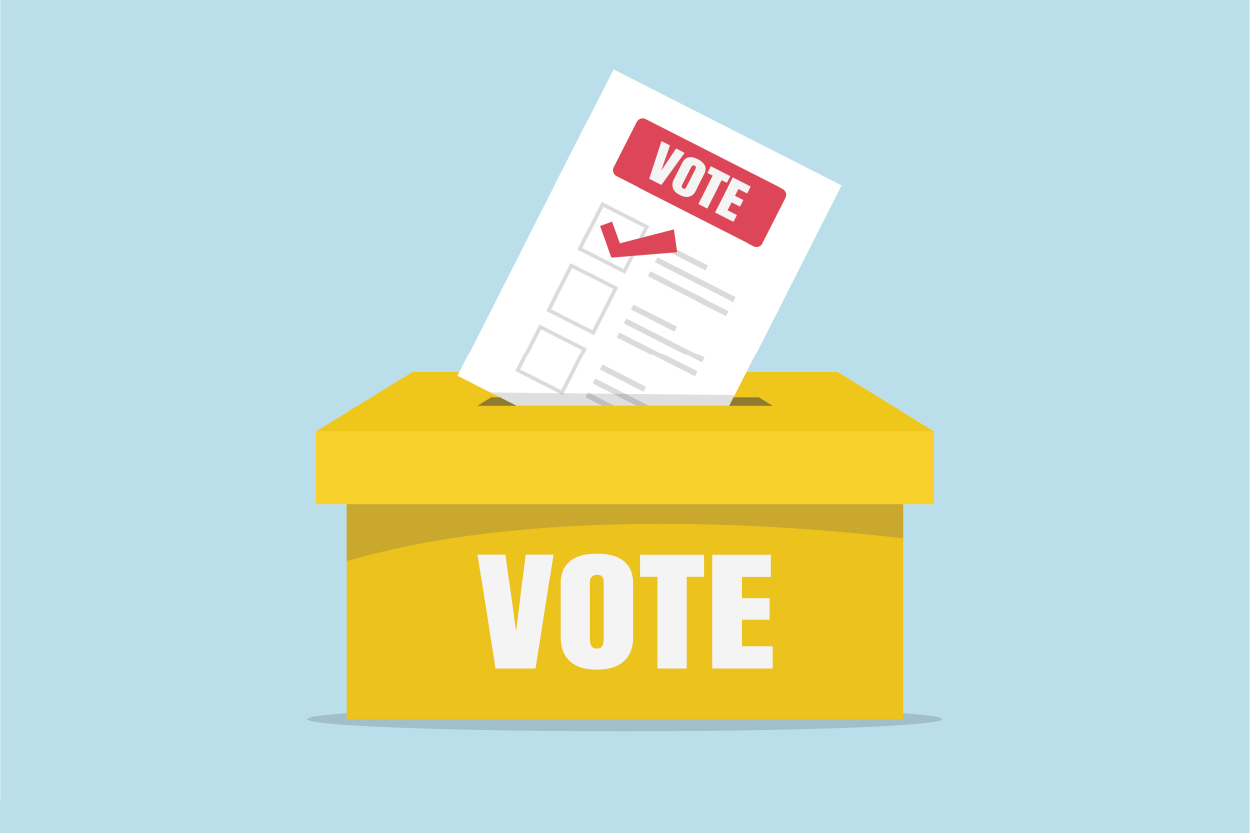 The Secretary of State has announced that the California Fair Pay and Employer Accountability Act qualified for the 2024 ballot on the random sample count of signatures. The initiative’s campaign submitted 962,217 signatures in support of the reform, meeting the 110% validity rate threshold
The Secretary of State has announced that the California Fair Pay and Employer Accountability Act qualified for the 2024 ballot on the random sample count of signatures. The initiative’s campaign submitted 962,217 signatures in support of the reform, meeting the 110% validity rate threshold
The ballot measure will put workers’ labor claims back in the hands of the independent regulator, getting their claims handled faster without having to hire trial lawyers that drag out the process and take a third of their settlements. This initiative will also help small businesses around California that have been defenseless against shakedown lawsuits while ensuring willful violators will be fined double the penalties.
The California Chamber of Commerce strongly supports this initiative and is encouraging members to learn more about the important reforms it enacts to the Private Attorneys General Act (PAGA).
“We are excited to take this measure directly to the voters who will vote to empower the Labor Commissioner instead of continuing to line the pockets of some unscrupulous trial attorneys,” said CalChamber President and CEO Jennifer Barrera. “We are positive that when voters learn more about how these bad actors have taken advantage of PAGA, leaving workers with less money, they will vote yes on this reform.”
Why Reform Is Urgently Needed
Frivolous lawsuits brought under PAGA have cost California businesses billions of dollars, all while workers are left waiting years to receive very little and attorneys walk away with millions.
The California Fair Pay and Employer Accountability Act would replace PAGA with increased enforcement mechanisms in the hands of the Labor and Workforce Development Agency (LWDA) so that workers recover wages faster and employers are no longer targeted by frivolous private litigation.
PAGA was enacted in 2004 to help the LWDA enforce California’s labor laws. It allows employees to sue for any Labor Code violation as if they were the state. Because it deputizes private attorneys to file lawsuits on behalf of those employees, it has been abused.
Attorneys can leverage PAGA’s penalties to get big settlements even if the claims have no merit. The employer ends up paying a hefty sum with much of the money going to the attorneys and very little going to workers or the state.
PAGA lawsuits have increased more than 1,000% since the law took effect in 2004. By 2016 and every year since, the LWDA has received between 4,600 to 6,000 PAGA notices. Plaintiff’s attorneys capitalized on the COVID-19 pandemic, filing a record number of PAGA notices in March 2020. Data also shows that those attorneys have preyed primarily upon small and mid-size businesses in recent years. Employers have paid out billions of dollars in PAGA penalties since 2004.
The California Fair Pay and Employer Accountability Act would solve this problem by:
• Replacing PAGA with alternative enforcement mechanisms through the state;
• Ensuring 100% of penalties go to workers;
• Speeding up recovery of wages and penalties for workers; and
• Doubling penalties where employers willfully violate the law.

